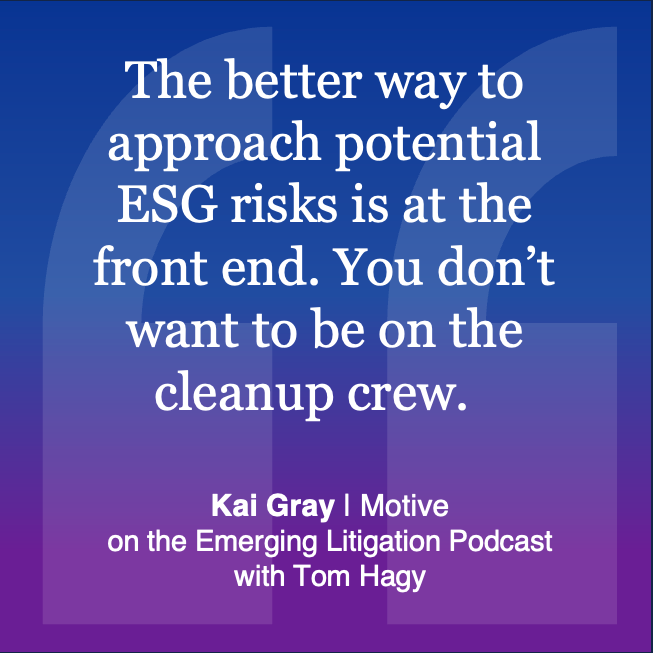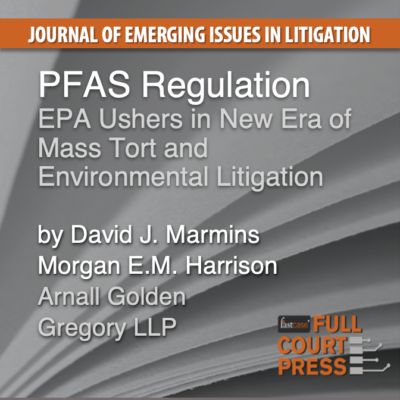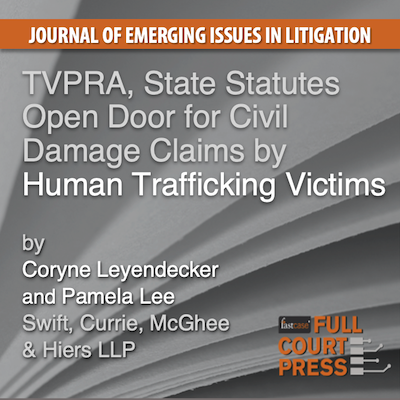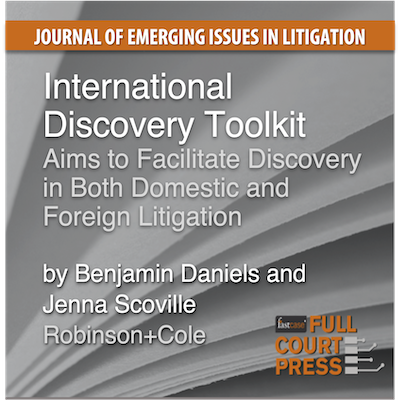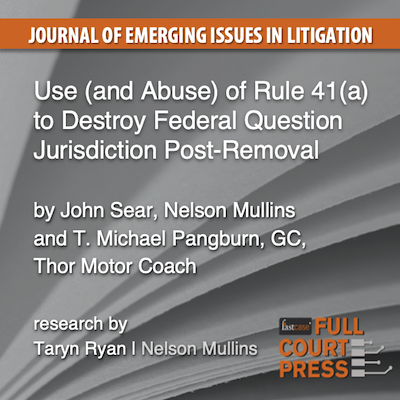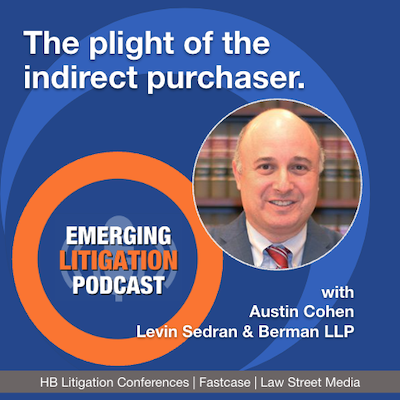ESG Programs and the Lawyer’s Role
In this episode, we discuss the role of attorneys and in-house counsel in the courageous new world of Environment, Social, and Governance Issues, or ESG. How can law firms themselves adopt ESG practices and what role do they play with clients? How can in-house counsel drive ESG initiatives? What are the pitfalls and risks? And have you ever wondered how rating organizations work? Listen now!


